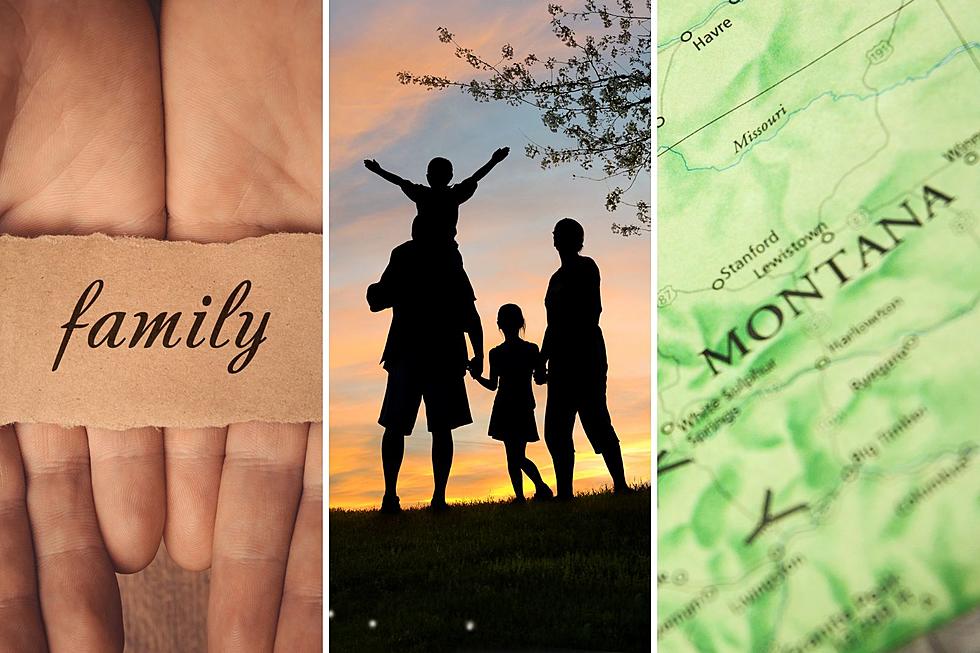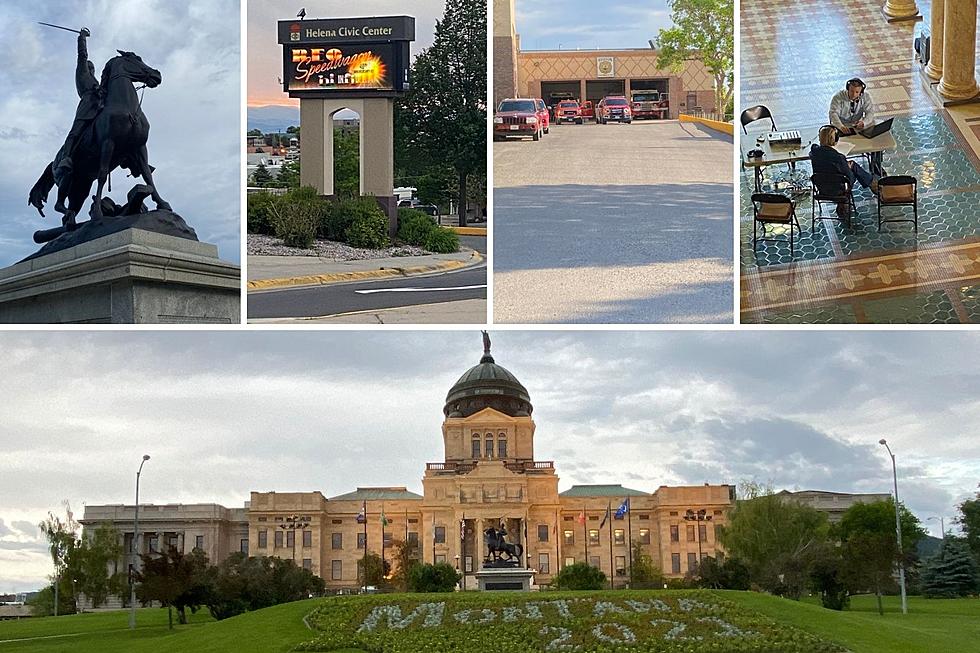
Two Local Views of Abortion Case before the U.S. Supreme Court
The U.S. Supreme Court heard oral arguments on Wednesday about the Dobbs v Jackson Women’s Health Organization on Mississippi’s 15-week abortion law.
KGVO spoke to two individuals who are closely following the case, Jeff Lazloffy with the Montana Family Foundation and UM Law Professor Dr. Anthony Johnstone.
Lazloffy is in Washington D.C. to advocate his organization’s pro-life stance.
“The 1972 case Roe v. Wade took the jurisdiction over abortions away from the states and placed it at the federal level,” said Lazloffy. “We believe that that case was wrongly decided. In fact, Justice Ruth Bader Ginsburg believed that that case was wrongly decided. Not that she was pro life, but she thought that the decision on abortion should have been grounded in the equal protection clause of the Constitution, rather than finding a non existent made up right to privacy law like the court did.”
Lazloffy believes the newest additions to the court confirmed during the Trump Administration may finally lead to the overturning of Roe v Wade.
“This is the first chance that we've had to really attack Roe v. Wade,” he said. “With the makeup of the court that might actually get Roe v. Wade overturned. That's what we're hoping is going to happen in the Dobbs vs Jackson Women's Health Center case. And if we do and the court rules broadly enough, we could overturn Roe v Wade, which would simply kick the issue back down to the state level, and then we’ll have to work on getting abortion outlawed in Montana, but at least it would take it away from the federal government.”
Lazloffy said the argument that a woman has the absolute right over her own body does not take into account the separate right of the child to life.
“The mother says that she has the right to do with her own body as she chooses,” he said. “The problem is that that baby is not her body. That baby has DNA that is unique to itself. It is not her entire DNA makeup, and so it's a separate individual. We believe that every individual has the right to life that's imbedded in the US Constitution. And we believe that that life begins at conception.”
Dr. Anthony Johnstone teaches law at the University of Montana. He referenced the 14th Amendment to the U.S. Constitution that has evolved into including the power over a person’s body which can include abortion.
“So the 14th Amendment was ratified in 1868, to provide full equality of citizenship after the Civil War, to all persons born in the United States,” said Professor Johnstone. “The ability to have children against compulsory sterilization laws, the ability to use contraception and your choice about whether to have children or not, and abortion by a 7-2 decision in 1973 is included in those rights, according to the Roe vs Wade decision.”
Looking at the case and the current makeup of the U.S. Supreme Court, Dr. Johnstone made these observations.
“Going into the case, three of the justices have expressed their continued support for abortion rights under the Constitution,” he said. “Three of the justices have expressed their doubts about abortion rights under the Constitution, and then there are three justices in the middle that I think the advocates and court watchers were paying the most attention to. Those are the Chief Justice Roberts, and then two of the most recently appointed justices, Justice Barrett and Justice Kavanaugh.”
Regarding the question of whether Montana could pass a law to outlaw abortion in the state, Dr. Johnstone said the 1972 Montana Constitution would prohibit such a law.
“The fact that Montana has an express right of privacy removes that particular difficulty around this issue,” he said. “In fact, the Montana Supreme Court has recognized that in that express right of privacy includes rights of bodily integrity, the right to make certain medical decisions and the right to an abortion, at least up to the point of fetal viability.”
Both Lazloffy and Johnstone believe the Supreme Court will wait until June to announce its decision on the case.
LOOK: Best Beers From Every State
More From Montana Talks









